Psalm 118:1-2, 19-29
Mark 11:1-11
This morning we had some fun seeing the pastor dressed up as a donkey for our Palm Sunday procession. The fun is in the dissonance, right? Dissonance refers to music, meaning the opposite of harmony. Most chords are pleasant to the ear, but if a wrong note enters them, it’s not so pleasant.
Dissonance in music is often used to represent conflict, or some shocking disruption. Dissonance can also be used in a comic way, as a kind of punchline. But dissonance can also be used to express paradox, when one thing is also its opposite.
The pastor is usually expected to be the model of decorum, the solemn president of the holy liturgy. The dissonance is in the ridiculous costume. It doesn’t harmonize with the role of pastor. And yet the dissonance also points to a truth. There is something ridiculous about a mere human being pretending to be dignified and holy, and there is something beautiful about an authority figure deliberately undercutting his own presumed authority.
There’s a dissonance in Mark’s story of Jesus’ entrance into Jerusalem at the beginning of the week of Passover, a dissonance Jesus very much intended all the Jewish pilgrims in Jerusalem to hear.
Make no mistake, the Palm Sunday event was a carefully planned and timed demonstration. Jesus by then had a reputation, he was the buzz of Jerusalem, this provocative prophet many were whispering might just be the Messiah. He had amassed large crowds that followed him everywhere he went. He healed the sick, fed multitudes with practically nothing, forgave the worst kinds of sinners, and even raised the dead. He’d sparred with religious experts, broken sabbath rules. He’d been ejected from synagogues, his family had tried to arrest him for madness, and his home town near about murdered him.
And Jerusalem was full of Jews from all over the Roman Empire, on pilgrimage for Passover, Jews Jesus knew would return to their homes with stories of what they’d seen and heard.
Mark goes on quite a bit about the donkey, a tale that survives in Matthew and Luke as well. Clearly, Jesus had arranged for it in advance, and very specifically a colt, in order to enact Zechariah’s prophecy, that the king would come, “triumphant and victorious, humble, and riding a donkey, the colt of a donkey.”
It’s a wonderful sentence, and captures the paradox of a righteous king: his triumph and victory comes from his humility, his acceptance of certain truths. First, that no human being is worthy to rule other human beings. Second, that God alone is worthy to rule. Third, that God wins in the end, even when his people are outnumbered and outgunned.
A righteous king of Israel rides a little donkey because he has no need of a warhorse or weapons or a standing army, but stands back and lets God do the fighting. Thus little David, with nothing but faith, can reliably bring down any Goliath that comes along.
It’s likely that every Jew in town would recognize the reference, or would have a friend or family member who would. Jesus and his followers were declaring him the anointed one of God, the Messiah.
But this is not the primary dissonance they would have noticed.
The dissonance is in the psalm Jesus’ followers sang as he came through the gates of Jerusalem on that donkey, which we read this morning, Psalm 118.
What every Jew knew, including Mark’s audience of fellow Jews, was that Psalm 118 was only sung once a year, on Passover, by the people of God as they entered the temple with their sacrificial lambs. It’s a responsive hymn, as we hear in those verses, “Let Israel now say,” etc., between a cantor and the people, and it remembers the time before Israel had kings, when God fought for them, both in the Holy Land and long before, when God defeated Pharaoh and the Egyptian army.
Jesus’ crowd of followers proclaimed in their actions the entrance of Zechariah’s humble king in Jerusalem, but their song proclaimed the entrance of the paschal lamb into the temple. In this dissonance, we see the truth: this humble king was the new Passover lamb.
Jesus, the humble king and paschal lamb, models a paradoxical spirituality. When I am weak, God is strong. When I am humble, God honors me. When I serve, I lead. When I am vulnerable enough to trust God to protect me, I am invulnerable. When I die to myself, God will raise me into a life that is happy, joyous and free.
Because there will come a time, like a thief in the night, or the sudden return of an absent master, when something will happen that will expose the real me. If I have prepared myself by doing the spiritual work of getting my self out of the way of God’s will for me, I will rise to that occasion.
But if I am not ready, the falseness of my self will be exposed. I and everyone around me will see that I am not the person I pretend to be. For me, such experiences often did nothing to change me, unconscious as I was of my willfulness. But these were God’s ways of getting me to invite him in. Humiliation is enforced humility, and humility makes the space for God.
In the cultural atmosphere we live in today, humility would be shocking position to take, a foolish, weak position. With Christ, that foolishness is wisdom, and that weakness is strength.
In the cultural atmosphere we live in today, love is a transaction or an addiction, and real love, that seeks the growth and health of the beloved, no matter what, would be a terribly vulnerable position to take, not to mention rare, particularly when some of those we might therefore love are widely despised by our neighbors and friends.
In the cultural atmosphere we live in today, power is worshipped. To give up the control of our lives and our world would seem to be a cop-out, not to mention dangerous to ourselves and our interests. To let go of the need to control would be seen as weak-willed.
Our members who have walked this journey for a long time show the signs of the power of God in the simplicity of their lives, their humble service, and their kindness.
What did the paschal lamb do in the land of Egypt? It gave its body to provide food for the journey into freedom, and it gave its blood for a sign of a saving faith.
In our weekly Holy Communion, Jesus’ life and teaching and his death and resurrection come together to become our spiritual food for our journey into freedom. His spilled blood was the sign of his saving faith, that trusted God to vindicate and not himself, even unto death.
That’s why we eat and drink of him as the new Passover lamb. We want his Spirit in our bodies, and the bread and fruit of the vine bears that Spirit, just as his living body did two thousand years ago. Our goal as church is to become his resurrection, right here in Deltaville, no matter what controversy his presence might bring.
Two thousand years ago, that controversy was too much for the leaders of the people of God. They turned David over to Goliath, because they believed in Caesar, who threatened them with death, more than they believed in God, who promised them life. Their test came, and they failed it. They were exposed for what they truly were, hypocrites who only claimed to believe in God.
Let it not be so with us. Let’s get our donkey suits on, and give God the reins.
Amen.

